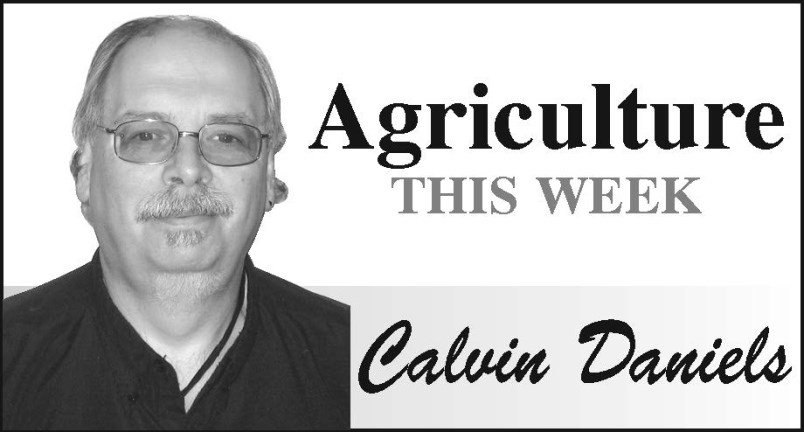Most of the time when the world moves to change one thing, and its impact tends to ripple into areas that whether unexpected, or simply ignored, changes things in ways which may not be the best.
It’s easy enough to think of a range of such ripple effects, for example electric cars might be good in terms of stretching the non-renewable fuel resource, but the batteries wear out and there are concerns about their disposal.
In terms of farming there is growing consumer concern over the use of the herbicide glyphosate, and that means processors are starting to pay attention.
We saw a backlash to glyphosate tolerant canola in some markets, those markets restricting access of such seed.
The reaction to herbicide tolerant canola in some markets squashed development of herbicide tolerant wheat varieties, and in that move farmers lost a tool to weed control.
Starting next year, the two largest oat millers in Canada will only buy oats that are free of glyphosate.
Richardson International told oat growers in June it will no longer purchase oats if they have been treated with a pre-harvest desiccant.
Back in 2015 Grain Millers, which processes oats in Yorkton, Sask., stopped buying oats that are sprayed with glyphosate before harvest.
These moves are being made to appease consumers and companies cannot be blamed for making changes to keep customers satisfied.
But a crop such as oats is very much a niche opportunity for Prairie farmers these days. Producers can grow oats, and lots of them, but the market is well-defined so that production tends to be focused on well-established demand.
But with any niche crop farmers have to see a benefit in producing those crops or the limited acres can easily turn yellow with canola, or switched to wheat.
In the case of oats, if farmers lose access to a long-used, key herbicide, it could push acres out of production, and that has to be worrying for Prairie processors.
How squeezing production impacts the consumer is an interesting question, with the most obvious answer prices might inch higher. In the competitive world of breakfast cereals and alternative offerings, that could be a bad thing as consumers are apt to look to cheaper options, if oat products were to increase too much.
Of course a bigger question for farmers is what happens with glyphosate use moving forward. If oat processors are moving away from grain where the product has been used, how long before other food sectors follow suit?
And, if glyphosate goes by the wayside, what happens to canola, where the chemical resistance bred into many varieties was largely responsible for it becoming the major crop it is today.

